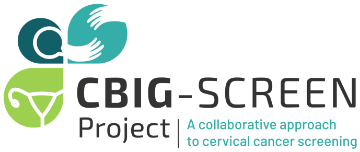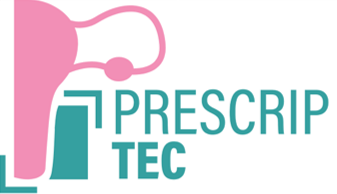
PRESCRIP-TEC
The Prevention and Screening Innovation Project Toward Elimination of Cervical Cancer (PRESCRIP-TEC) is a three-year project (February 2021 – January 2024) that focuses its research on increasing the adoption of cervical cancer screening in resource-poor or hard-to-reach settings of Bangladesh, India, Uganda and Slovakia.
PRESCRIP-TEC leads to effective and innovative cervical cancer screening, including direct treatment and follow-up for women in these four countries, improving availability, accessibility, acceptability and, quality of health care services.

CHILI
The CHILI consortium envisions to optimize cervical cancer screening in low- and middle-income countries by offering a modified, cost-effective version of the point-of-care ELEVATE tool to test self-sampled samples. This promising device, which has the potential to reduce drastically the cancer burden in developing countries, will be implemented in four countries, namely Cambodia, Ethiopia, Mozambique and Uganda.
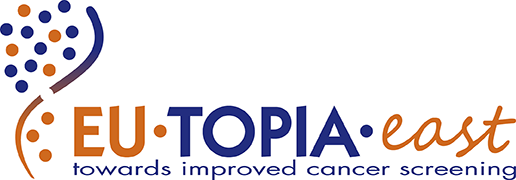
EU-TOPIA-EAST
The overall goal of EU-TOPIA-EAST is to implement effective screening programmes for breast, cervical and colorectal cancer in three exemplary MICs in Eastern Europe (Georgia, Romania and Montenegro) and to build capacity for screening implementation in other Eastern European and Mediterranean countries, in order to reduce the cancer burden in these countries and to achieve equity in cancer care.
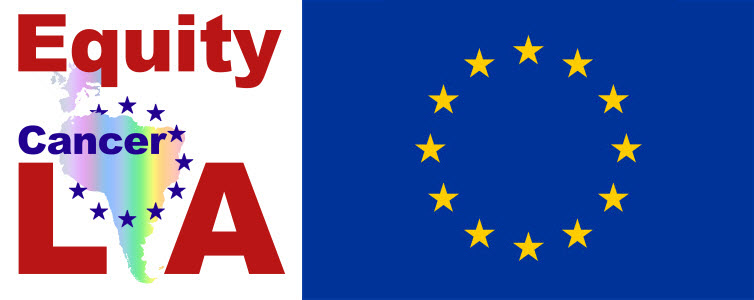
EquityCancer-LA
EquityCancer-LA is a research project whose objective is to evaluate the contextual effectiveness of the implementation, with a participatory approach, of a multi-component integrated care intervention in improving early diagnosis of cancer in public health service networks in Chile, Colombia and Ecuador.
EquityCancer-LA builds on the previous work of the Equity-LA (2009-2013) and Equity-LA II (2013-2019) projects that analysed access to care and interventions for improving integration of care in Latin America, and extends them to early cancer diagnosis.

CANCERLESS
CANCERLESS’ vision is to prevent cancer and allow for early diagnoses in the homeless population by delivering person-centred interventions to overcome health inequalities and facilitating timely access to quality cancer prevention and screening services for homeless people and leaving no one behind in Europe.
Our project aims to deliver evidence-based person-centred health care services to overcome health inequalities and facilitate timely access for the homeless to quality cancer prevention and screening services.
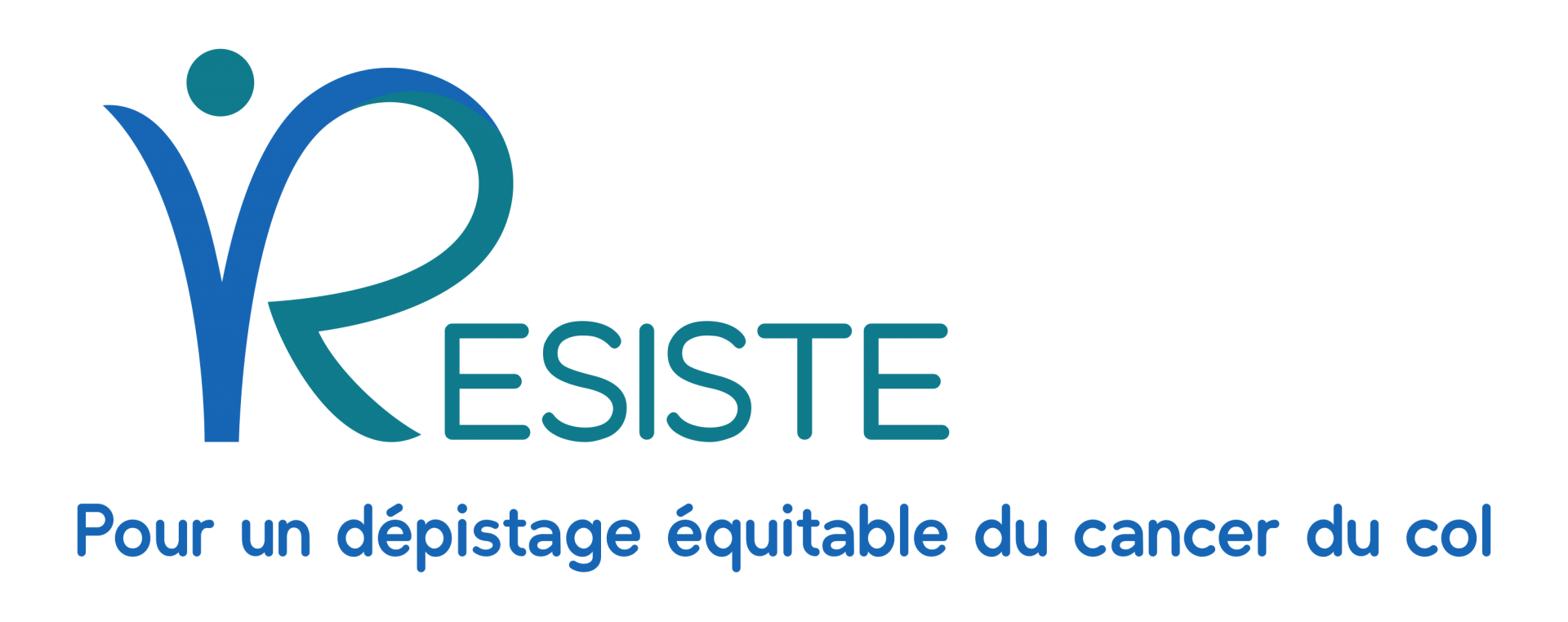
RESISTE
Le projet RESISTE porte sur le dépistage du cancer du col de l’utérus (CCU) chez les femmes âgées de 30 à 65 ans non à jour de leur dépistage et habitant dans des zones soci-économiquement défavorisés.
L’étude vise à évaluer une nouvelle stratégie de dépistage basée sur la réalisation d’un auto-prélèvement (APV) à domicile pour la recherche d’une infection HPV ensuite l’envoi du kit d’APV soit directement par la poste ou bien après avoir rencontré un professionnel de santé (médecin traitant, gynécologue, pharmacien ou sage-femme).
The RESISTE project focuses on cervical cancer screening (CCU) in women aged 30 to 65 who are not up to date with their screening and live in socioeconomically disadvantaged areas.
The aim of the study is to evaluate a new screening strategy based on home self-sampling (HSS) for HPV infection, followed by delivery of the HSS kit either directly by post or after consultation with a healthcare professional (GP, gynecologist, pharmacist or midwife).
